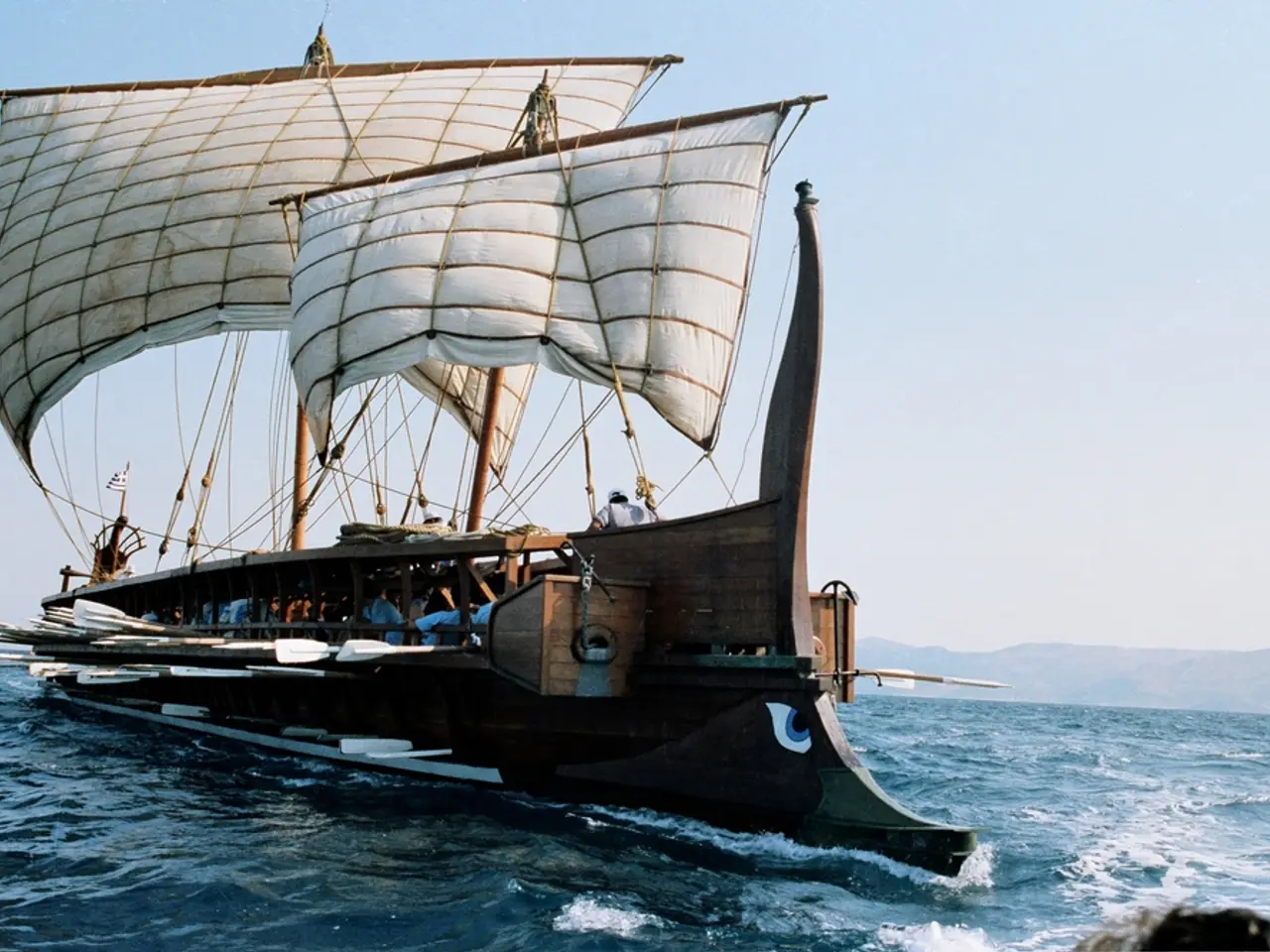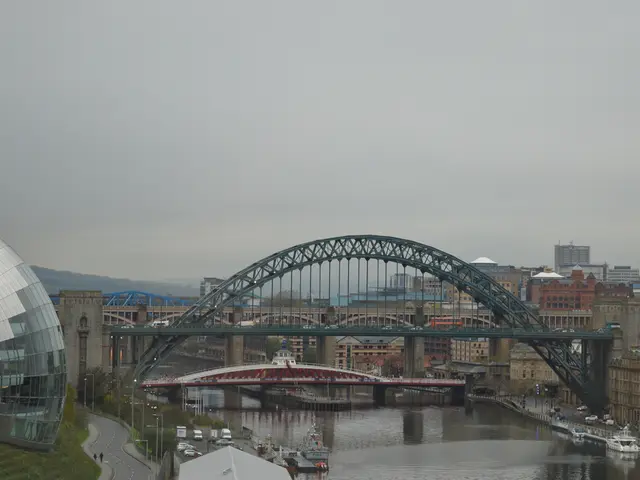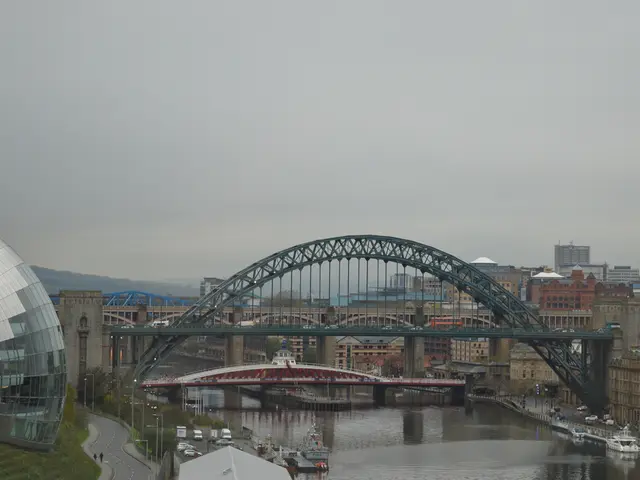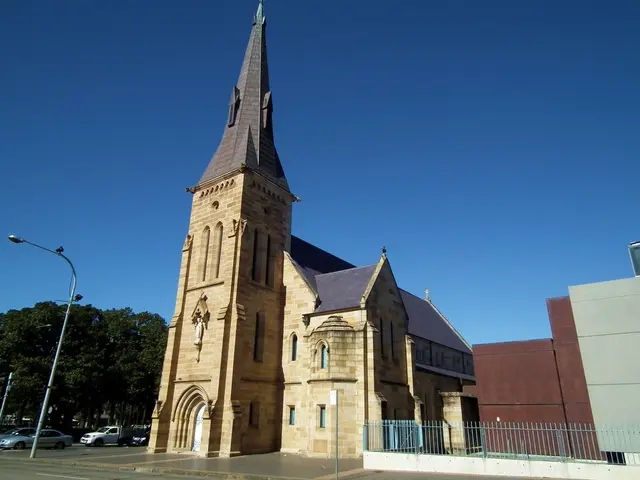Greece archaeologists recently found an ancient submerged sanctuary, dating back nearly two thousand years, reminiscent of the mythical Atlantis.
In the summer of 2024, a significant archaeological find was made off the coast of Argolide, Greece. The sanctuary of Demeter Thermassia, a previously untraceable ancient site, was confirmed to exist beneath the waves.
The discovery was first suspected in 2018, when ruins, sections of walls, fragments of tiles, and ceramics were found. Archaeological surveys, conducted with the aid of snorkeling, a grid plan, and meticulous object collection, as well as aerial photographs by drone, led to the identification of the sanctuary as a temenos - a sacred space delimited by a wall.
Demeter, the central figure of the Greek pantheon, embodied fertility and abundance. Her sanctuaries marked the rhythm of agricultural life and connected people to natural cycles. The discovery suggests a long use of the sanctuary, possibly since the Archaic period, nearly 700 years before the visit of Pausanias. This indicates a potential millennium of use.
The sanctuary, located at a depth of 1.80 meters, within reach of swimmers' flippers, is believed to be a major site of Antiquity. Initial probes hint at a complex stratification within the sanctuary, where tiles, pottery, and walls tell the story of a cult's evolution over centuries.
Two to three buildings have been identified within the sanctuary, with the possibility that the area extends over several hectares, potentially under the current Greek beach. Miniature oil lamps, a signature of the goddess of harvests, were found during the excavations, confirming the site's authenticity.
The excavations of the Sanctuary of Demeter Thermassia in the Argolis region of Greece in 2024 were taken over by the Greek Archaeological Service. The research involved volunteers of all nationalities.
The discovery sheds new light on the Greeks' relationship with religion and territorial occupation, in a region where borders between land and sea have shifted over time. It reveals a rare continuity in the ancient world, as the sanctuary is located just steps from tourist beaches.
Future excavations should clarify the site's extent and refine dating of occupations. These efforts will undoubtedly provide valuable insights into the religious practices and cultural history of ancient Greece.
Read also:
- Leg Vein Clot Treatment, Post-treatment Care, and Preventive Measures
- Kentucky joins nationwide 'Drive Sober' campaign spanning August 13 to September 1, ahead of Labor Day holiday.
- AI Actively combating Corruption within Government Institutions
- Transform a Serene sanctuary using Sound-Absorbing, Vegetative Barriers via Permaculture Hedges








